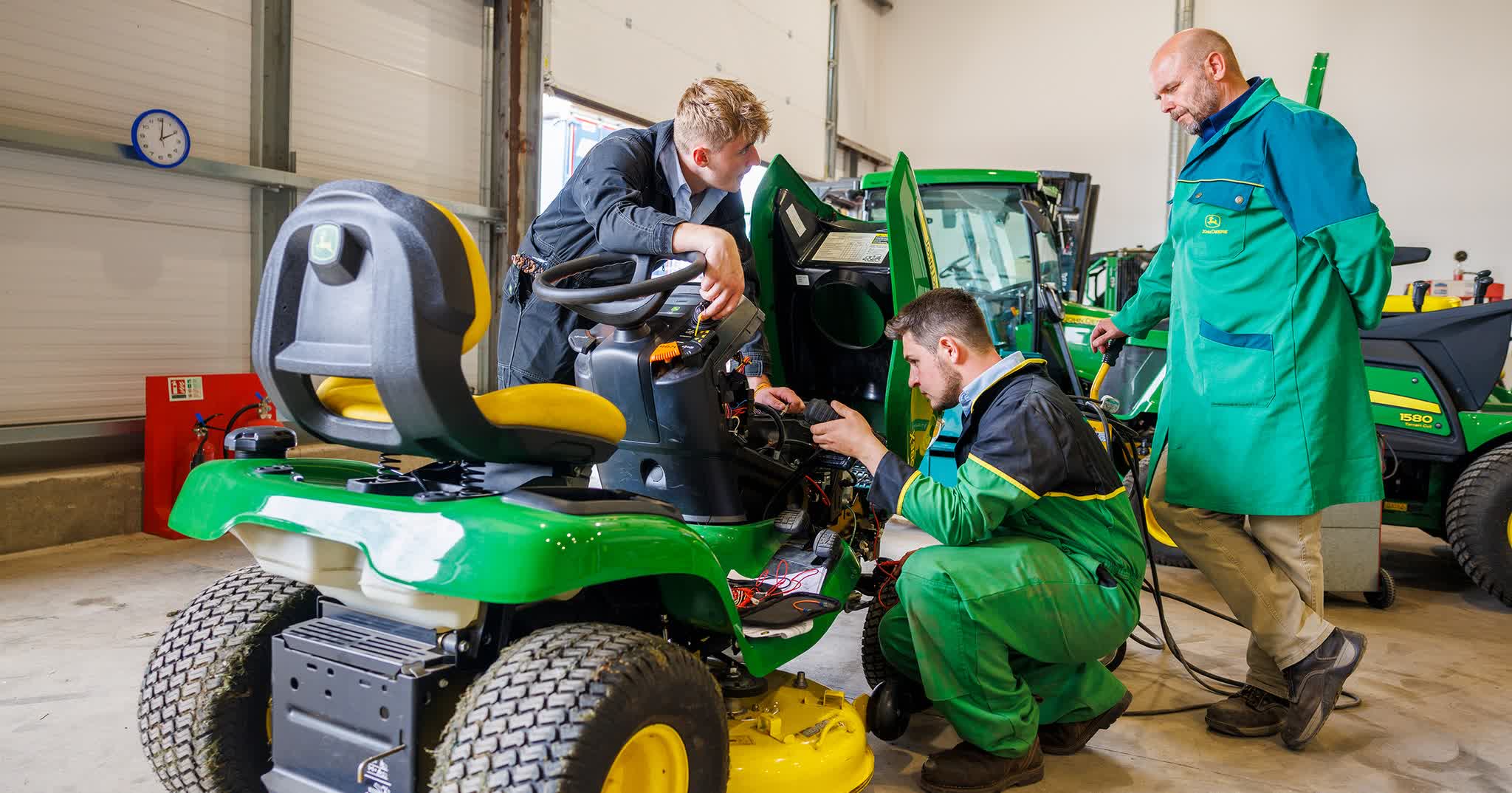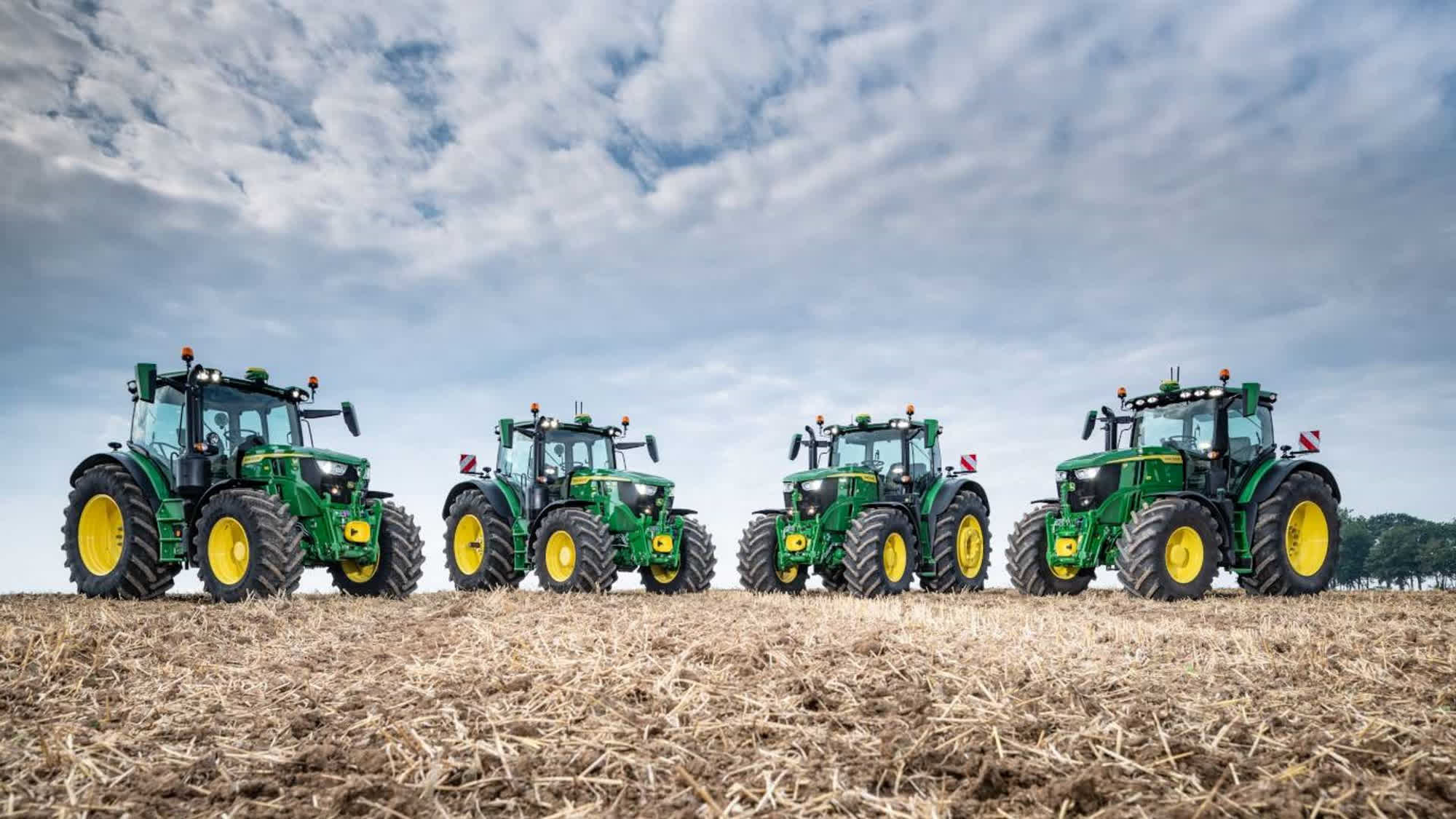What just happened? John Deere finally caved, offering its customers some rights to repair and fix their expensive equipment however they like. There's a catch, though: if state or federal right-to-repair laws go into effect, the concessions are no more.
In a hypothetical list of companies willing to go the extra mile to lock their customers in, John Deere would place among the most serious offenders. The US corporation makes agricultural machinery and other heavy equipment, then it locks the final products so that customers will not be able to repair them without going through an authorized dealer.
Things could change soon, however, as the Illinois-based corporation has entered an agreement with American Farm Bureau Federation (AFBF) to make some much-sought concessions to the right-to-repair movement.
AFBF and John Deere have signed a memorandum of understanding, addressing "a long-running issue for farmers and ranchers when it comes to accessing tools, information and resources."
The memorandum states that John Deere will provide software, tools, manuals and other documentation to both farmers and third-party repair shops. This way, end customers should be free to choose where to fix their tractors and heavy machinery, while John Deere's software, copyright and trade secrets will not be compromised or hacked in any way.

According to David Gilmore, John Deere senior VP, the agreement "reaffirms the longstanding commitment Deere has made to ensure our customers have the diagnostic tools and information they need to make many repairs to their machines." That is pretty much what JD has avoided doing until now, as the company is well know for its anti-DIY stance and its ability to remotely disable farm equipment like it did at the beginning of the Russia-Ukraine war.
The memorandum is the culmination of several years of discussions between AFBF and John Deere, and it formalizes farmers' access to diagnostic and repair codes, manuals (operator, parts, service) and product guides. Furthermore, the company commits to "engaging with farmers and dealers to resolve issues when they arise," and agrees to meet with AFBF representatives at least twice per year to evaluate progress.
The AFBF says the memorandum signed by John Deere could be a model for other manufacturers the lobbying group is already in discussion with - a true step in the right direction, at least on paper. But the memorandum also says that AFBF and John Deere can withdraw from the agreement if any right-to-repair legislation becomes a state or federal law.
AFBF will actively work to avoid introduction, promotion or support for right-to-repair legislation by its own state organizations, while the right-to-repair movement is slowly becoming a major political issue throughout the US.
